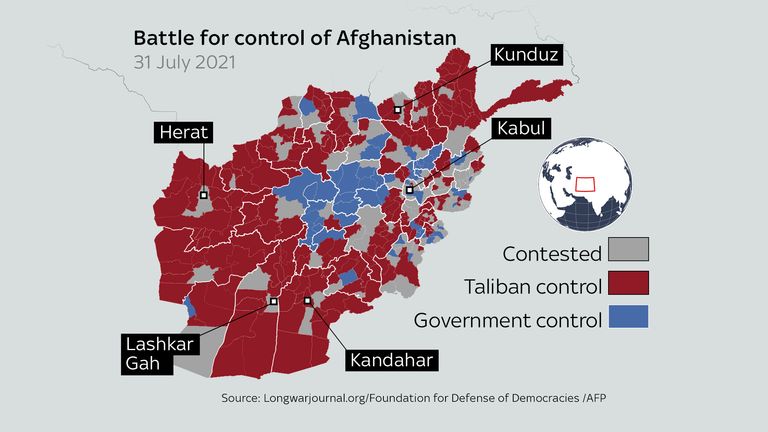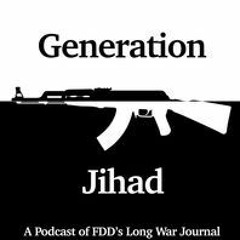

The RAND study built on the now well-known, Decade of War study from the Joint and Coalition Operational Analysis (JCOA) Division of the Joint Staff’s J-7. He and his command have made it their mission to learn from conflict and improve their understanding of the human domain and irregular conflict. ARSOC is led by an unusually thoughtful officer, Lieutenant General Charles T. The new RAND study, Improving Strategic Competence: Lessons from 13 Years of War, was prepared for the US Army’s Special Operations Command.

Lead author, Linda Robinson is an experienced combat journalist with a few books on the long war to her credit. has caught the attention of many strategists. 581).Ī recent RAND study by Linda Robinson, Paul Miller, John Gordon IV, et al. He credits his senior aide, Robert Rangel, a former HASC staffer, with keeping him sane and focused in congressional relations, but the Secretary concluded that the Congress “was just another battlefield in my wars” (p. While condemning the polarization in the Congress, he reminded his successors to be bi-partisan and respect individual members. Congress as “uncivil, incompetent in fulfilling its basic constitutional responsibilities…micromanagerial, parochial, hypocritical, egotistical, thin-skinned, often putting self (and reelection) before country…” (p. The dysfunctional legislature could not pass in a timely manner any of the five defense budgets that he sent up to the Hill. Gates highlighted an important problem for future senior officers: dealing with the Congress. He also lauds Admiral Mullen and General Peter Pace, his JCS chairmen, for their support. At the same time, Gates praises General David Petraeus, a master communicator, for letting improving operational results in Iraq drive his command’s strategic communications. His negative examples are Admiral Fox Fallon and General Stan McChrystal, both of whom were fired for their untimely and unfortunate statements. Gates criticizes “more and more senior officers” who “seek a high public profile and … speak out, often on politically sensitive issues or even on matters beyond their area of responsibility (not to mention, expertise)” (p. Gates defends the Surges in Iraq and Afghanistan and lauds Presidents Bush and Obama for commanding and not just presiding over the Armed Forces. Gates’s take-aways are a short-course in strategy for future leaders.

Long war journal afghanistan full#
Lost in the many great vignettes and secretarial sea stories is the fact that the last chapter of this book, “Reflections,” is a mini-war college, full of the kind of wisdom that can only come from years of strategic analysis, and a world class resume: Deputy National Security Advisor, head of the Central Intelligence Agency, President of Texas A&M, and Secretary of War for two Presidents with vastly different styles and priorities. Robert Gates’s memoir, Duty: the Memoirs of a Secretary at War made tremendous splash for its hard-but-fair critique of two Presidents, the firing of a few generals, its blow-by-blow description of the battle inside the Pentagon to improve support to war-fighters, and, surprise to many, the emotional bond that this tough secretary forged with the troops in Afghanistan and Iraq. It ends with a call for help from the Small Wars Journal readership. What follows is not just a review essay, but also an exploration of lessons encountered, but not yet learned. This review essay looks at: the memoir of a Secretary of Defense, a recent RAND study, the cri de coeur of a retired general, and the memoir of a combat veteran and leading coindinista. While the Long War continues to march, four new books have presented challenging and sometimes contradictory conclusions about the war and its lessons for the future.


 0 kommentar(er)
0 kommentar(er)
